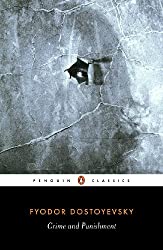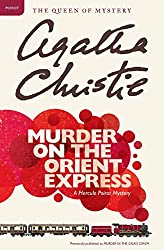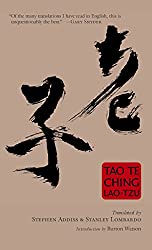
Rating: 8.5/10.
A classic Russian psychological thriller novel, with length about 650 pages and originally published as a 6-part series. The story takes place in 19th century St. Petersburg. Raskolnikov is a poor student, who at the beginning of the novel, murders an old pawnbroker woman with an axe (and her sister too). By sheer chance, he manages to escape from the apartment undetected, without anyone knowing that he did it. For the next 500 pages, he struggles with the burden of keeping the guilt to himself, and his mental state devolves into a downward spiral, until he decides to turn himself in to the police and confesses at the end of the novel.
Raskolnikov planned the crime with noble intentions: he reasoned that the old woman was hoarding wealth and was a net drain on society, and everyone would be better off if she was dead. However, he immediately regrets it after the act, even burying the stolen purse without counting the money. Then he falls into a delirium and a state of paranoia, where any mention of the crime makes him physically sick. The “punishment” is the weight of his conscience torturing him preventing him from living a normal life and driving him close to suicide. In contrast, the actual lawful punishment comes as a relief as the weight is lifted and he starts on a path to redemption (he is sent to Siberia).
Even though the plot is mostly uneventful and the reader knows who the murderer is, the novel is high in suspense. Dostoyevsky masterfully conveys the inner thoughts of his characters through multi-page long, stream-of-consciousness style monologues, so you are brought into the mind of the guilty murderer. For example, in one part Raskolnikov is interrogated by detective Porfiry, where he must play mind games with the detective to appear innocent while the detective tries to manipulate him to confess. He succeeds in the sense that the detective could not gather enough evidence to convict him, but this is no relief to him since he cannot escape from his own guilt.
An interesting parallel that seems to be in common with another of Dostoyevsky’s novels, Notes from the Underground, is the role of the prostitute. In both novels, the main character confesses his internal anguished state to a prostitute, and feels better afterwards. The person that Raskolnikov first confesses to is a prostitute, because she is able to help him by releasing some of his guilty tension, and this is not too different from what prostitutes normally do, which is releasing your sexual tension.
Aside from the main character’s struggles, the novel also contains detailed descriptions of life in 19th century Russia. This is a period of intense class struggles which eventually cumulated in the communist revolutions a few decades later, and there is an obvious contrast between the bourgeois characters (Luzhin and Svidrigailov) in their material wealth as well as their attitudes towards others. Crime and Punishment was a dense read, taking me about 3 weeks to finish, but I can understand why it’s considered one of the greatest novels of all time.



